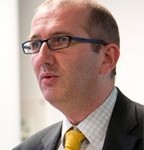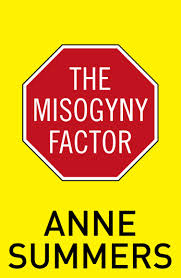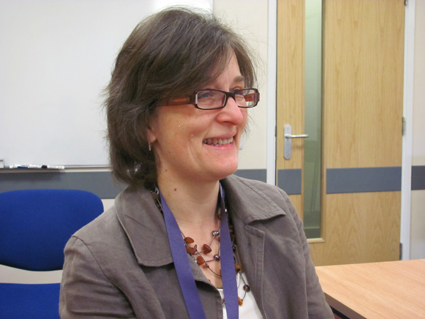Our recent paper about the length of nursing shifts in hospitals has attracted quite a lot of attention including, I am reliably informed, a piece in the daily Sun. In simple terms, the issue is this: Traditionally, shift work was organised by dividing the day into three eight-hour shifts. Workers would generally work 5 such shifts per week. This pattern was the norm in nursing for many years. In common with other industries there is now a trend for some hospitals to adopt longer shifts, typically two shifts per day each lasting 12-13 hours. Employees work fewer shifts each week (generally three instead of five). Changes are driven by perceived efficiencies for the employer (fewer handovers and reduced overlap between shifts), and improved work life balance for employees because they work fewer days per week. However, persistent concerns have been raised about negative impacts on the quality of care associated with working longer hours.
Our study, based on a cross-sectional survey of 31,627 registered nurses in general medical/surgical units within 488 hospitals across 12 European countries, found that 15% worked these long shifts. But in some countries, most notably England, Ireland and Poland, the practice was far more common. Nurses working longer shifts were more likely to report poor patient safety, quality of care and more care activities left undone. This effect was independent of any effect of working overtime.
Now, there are lots of issues here – in the end this is only self-report. However, these results are consistent with a number of studies from other countries showing higher rates of nurse burnout and even increased patient deaths in hospitals where nurses work 12 hour shifts.
So what are we to make of these findings? Our results suggest that a policy of moving to longer shifts to reduce overall workforce requirements may have unintended consequences and reduce the efficiency and effectiveness of the workforce in delivering high quality, safe care. But the response to our paper in the social media makes it clear that the issue is not simple. While many nurses responding to reports of the study in the ‘trade’ magazine Nursing Times agreed that working long shifts compromised quality, others (and sometimes the same nurses) expressed a strong preference for them. The emphasis seemed to be on the benefits of the extra days off. Most of these benefits were for the nurses themselves, not for the quality of care they could provide.
This presents a dilemma. Personally, the idea of working 12-13 hours in a busy hospital ward is a daunting one. On the other hand the idea that I might only have to work on 3 days per week is appealing. I might be tempted by such a compromise. But what should be done if what is at stake is not simply an equation to be balanced between my preferences and my employer’s desire for efficiency. What is at stake here is the quality and safety of hospital care.
I suspect that there is no going back. Hospitals with 12 hour shift patterns are likely to find it very difficult to move back because their employees, often female and with children, have organised their lives around this pattern. But research such as ours does point to the vital importance of considering some of the staples of research on shift work over the years. It becomes increasingly important to ensure that nurses get adequate opportunity for rest between shifts and are not required to work too many long shifts in a row. And perhaps, if more research like this accumulates, some consideration does need to be given to restricting choice. The EU working time directive governs many aspects of working hours but, as far as I can see, these shift patterns seem largely outside its scope. But in the end, should employees in safety critical work be permitted to choose to work in ways that are known to increase risk and should employers be allowed to ask them to?







